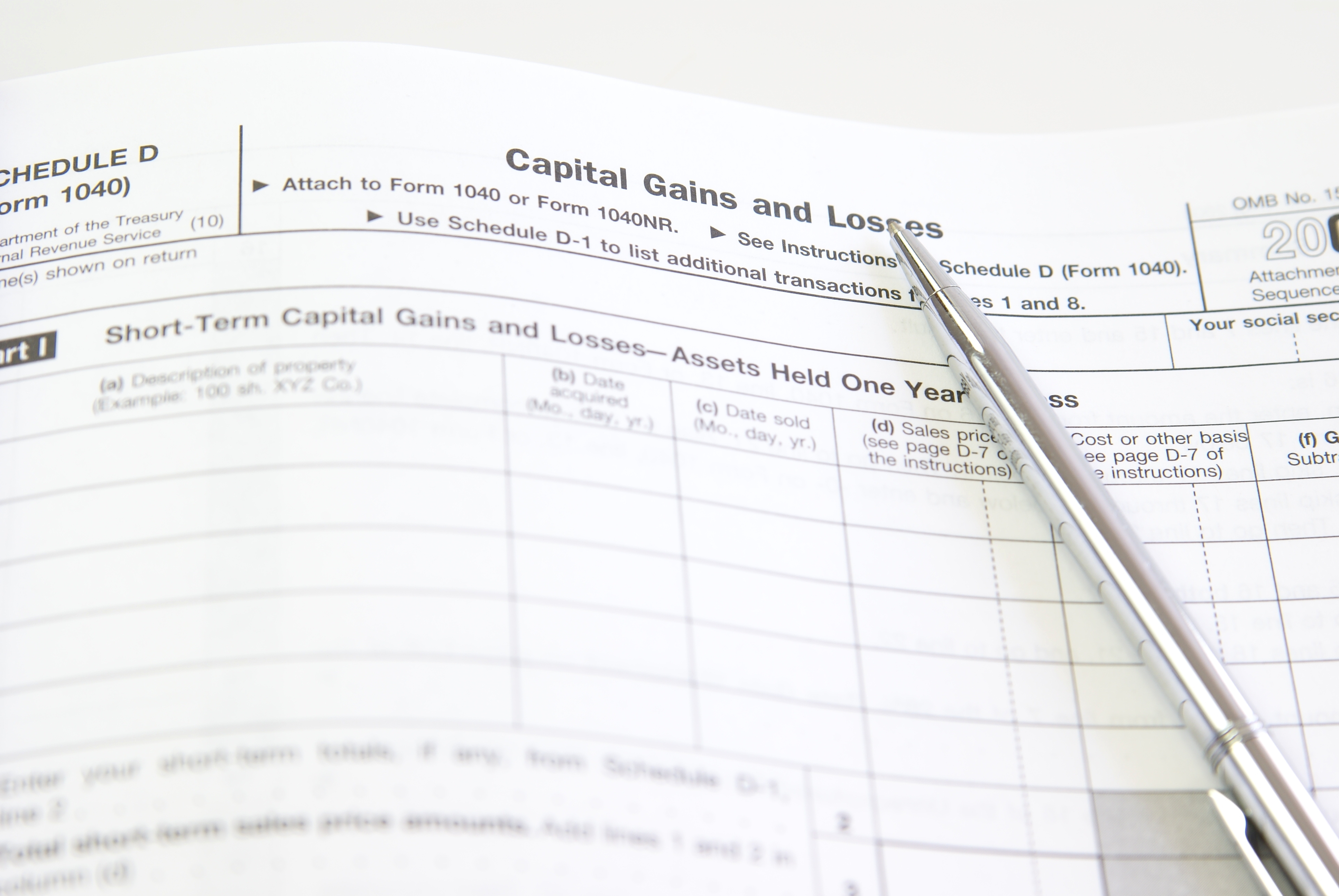

Note: For complete notes and annotations, please see the source below. Federal personal income and capital gains tax rates, 2017 (single filing status) The tables below summarize both personal income tax and capital gains tax rates for single individuals and married couples filing jointly in 2017. Federal capital gains tax Current ratesĪn individual's capital gains tax liability is contingent on his or her personal income tax liability. Opponents, meanwhile, contend that capital gains taxes discourage savings and investment, thereby hindering economic development. Proponents of capital gains taxes claim that these taxes can generate significant revenues while impacting only a small subset of high-income taxpayers. By contrast, most states tax capital gains according to the same rates as other personal income. Short-term gains (i.e., gains on assets held for one year or less) are taxed at a higher rate than long-term gains (i.e., gains on assets held for more than one year). Īt the federal level, capital gains are taxed at a lower rate than personal income. Capital gains are taxable at both the federal level and the state level. When someone sells a capital asset, the difference between the asset's basis, or original cost, and its selling price is the capital gain (if a profit is made) or capital loss. Capital assets include corporate stocks, businesses, land parcels, homes, personal items and other such assets. Complies with certain of the “active business requirements” of section 1202 of the Code, i.e., sections 1202(e)(1), (e)(2), (e)(5), and (e)(6).Īs a result of the required holding period of 3 years or more for small business stock, tax year 2014 is the first year that the 3% rate was operative.A capital gains tax is a tax levied on the profit gleaned from the sale of a capital asset.Has less than $50 million in assets at the time of investment and.In addition, the stock must be held for 3 years or more and the investments must be in a corporation that:

In order to qualify for the lower rate, investments must have been made within 5 years of the corporation’s date of incorporation and must be in stock that generally satisfies the definition of “qualified small business stock” under IRC section 1202(c), without regard to the requirement that the corporation be a C corporation. For more information see Massachusetts General Law chapter 62, section 4(c).Gains from the sale of qualifying small business stock in certain Massachusetts-based start-up corporations are taxed at a rate of 3%.Long-term capital gains reported on Massachusetts Schedule D-IS from installment sales occurring between January 1, 1996, and December 31, 2002, is the rate that was applicable when it was sold.Įffective for tax years beginning on or after January 1, 2011:.Long-term capital gains from installment sales occurring between January 1, 1996, and December 31, 2002.Capital gains excluded from Schedule D because they are reported on Schedule D-IS are:.Long-term capital gains from pre-1996 installment sales.Long-term capital gains from collectibles and.Capital Gains excluded from Schedule D because they are reported on Schedule B are:.Long-term capital gains reported on Massachusetts Schedule D is 5.1%.Interest income included in Form 1, Line 10 or 1-NR/PY, Line 12 is:.That are not included in Schedule B or Schedule D income is 5.1%.



 0 kommentar(er)
0 kommentar(er)
